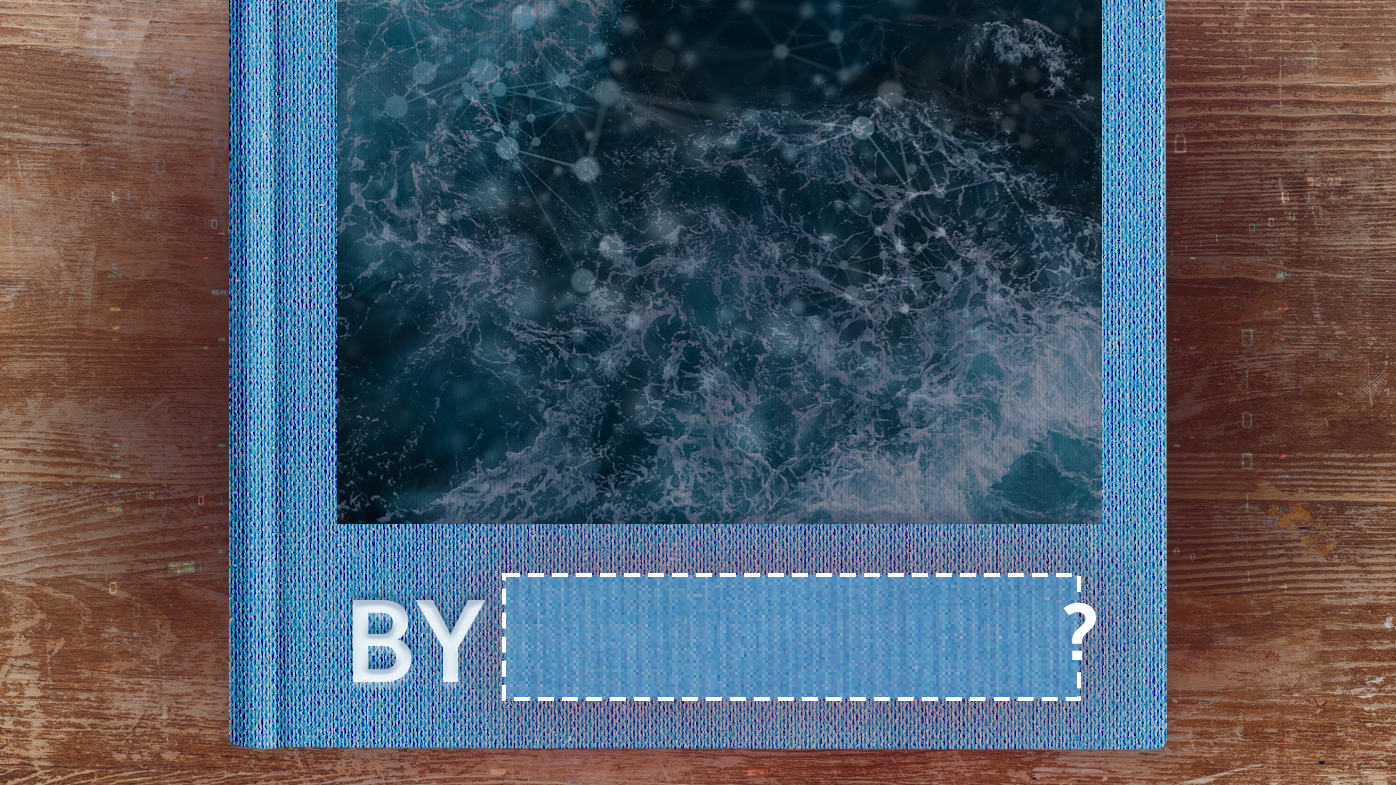Exclusive: JK Rowling does it. As did Anne Rice and Mark Twain.
You may not realise it, but Dr Seuss did it too.
The historic practice of writing under a pseudonym, pen name or nom-de-plume may be dying a slow death - thanks, in part, to the rise of artificial intelligence (AI) in publishing.
READ MORE: 'AI bubble' fears eased as world's most valuable company clears hurdle

READ MORE: Professor flooded with death threats over what he wants banned from Queensland
Research by Cambridge University this week found 51 per cent of published novelists in the UK are worried AI might end up making their jobs redundant.
There are already terabytes of AI slop masquerading as books being peddled on the internet – but Queensland fantasy author Darryl King isn't worried these will destroy his career.
King, who publishes his In All Jest series under the name D.E. King, told nine.com.au there could be very different consequences of ChatGPT's influence on the book industry.
"I think all authors are struggling to find ways to market themselves and to stand out now already without AI," King explained.
"It's a bit like music where as authors, we have to go and do more signings and appearances at libraries to validate we're real."
Recent studies have found book readers value the human element more than ever when it comes to fiction.
King said this has translated into book buyers wanting to know the author more intimately.
This means no fake name and no shadowy anonymous figure, instead of a real-life author headshot.
It could impact romance writers, who typically use pen names to preserve anonymity from their real-life acquaintances, the most.
Do you have a story? Contact reporter April Glover at april.glover@nine.com.au

READ MORE: Why thousands of Australians are buying and selling snack vending machines
"I think it's about those in-person real events where you can see them," King explained.
"So even if I'm buying from America, I can see the events that this guy goes to in Australia and there's might be a video or a photo from it, I'm more likely to believe they're real."
The publishing industry needs to adapt to this pressure from AI, King believes.
This could mean more money being used to promote authors on social media and in-person.
"Perhaps that's what the publishing platforms need to do... to validate author profiles more," King added.
At the moment, some AI paragraphs can be easy to pick out.
Take the dreaded em dash, for example, which has become an AI calling card.
King said AI has muddied the waters – he has a copy editor from the UK who has always preferred this grammar style.
"He regularly puts em dashes into my work," he laughed.
"We expect that, that it's AI and it might not be.
"So how do you tell my stories more human than another story? Is it because it's got typos occasionally?"

King also has a day job as a web developer where he ironically often uses and learns about AI.
He said e-books were already a reason why many authors can't support themselves financially on books alone.
AI is probably going to make it harder, he predicts.
"I think it was already difficult. Like other industries, we get competition from external, cheaper sources," he said.
"But I think you have to weather that. You have to find things that help you stand out.
"We all hope that people will start to filter out the rubbish."
DOWNLOAD THE 9NEWS APP: Stay across all the latest in breaking news, sport, politics and the weather via our news app and get notifications sent straight to your smartphone. Available on the Apple App Store and Google Play.
from 9News https://ift.tt/Mw7Wrs1
via IFTTT
Comments
Post a Comment